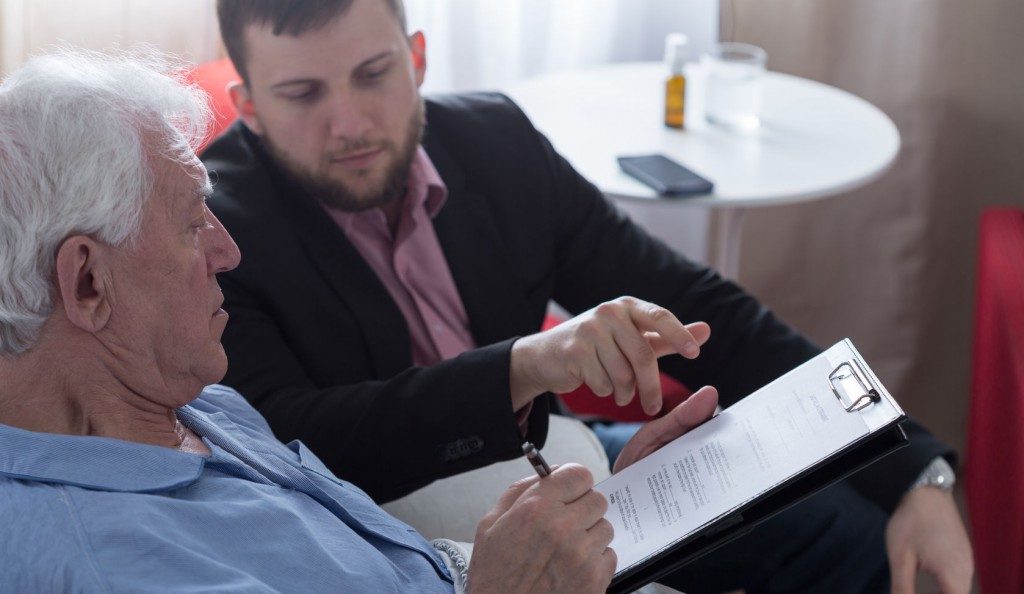Powers of Attorney
A Power of Attorney is a legal document whereby one person grants another person the authority to make legal and financial decisions on their behalf. A Power of Attorney can be used in several ways – from having another take care of your affairs whilst travelling to times of extended illness.
An Enduring Power of Attorney takes this a step further, whereby the person nominated to manage the affairs (also called the “Donee”) may continue to manage the affairs once the person giving the power (also called the “Donor”) is found to have diminished mental capacity due to injury or illness. This arrangement can remain in place as long as the donor is still alive.
Powers of Attorney can be prepared in two ways – to come into effect immediately and to continue once the donor suffers a loss of capacity; or to come into effect at a future time (such as the onset of mental incapacity).
In order to sign a Power of Attorney, the donor must be capable of understanding the nature of the document they are signing and its effect. It is therefore important in situations where a Power of Attorney must be appointed that it is done so in a timely manner.

Enduring Guardianship
Appointing an enduring guardian differs from appointing an enduring power of attorney. An enduring power of attorney handles a person’s financial affairs whereas an enduring guardian handles personal decisions, such as a person’s living arrangements, their personal services and leisure activities, and consenting or refusing to medical/dental treatment.
Arrange a consultation with an experienced solicitor.
